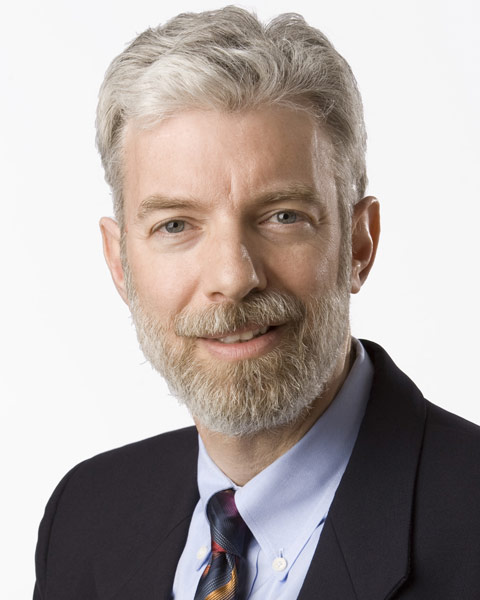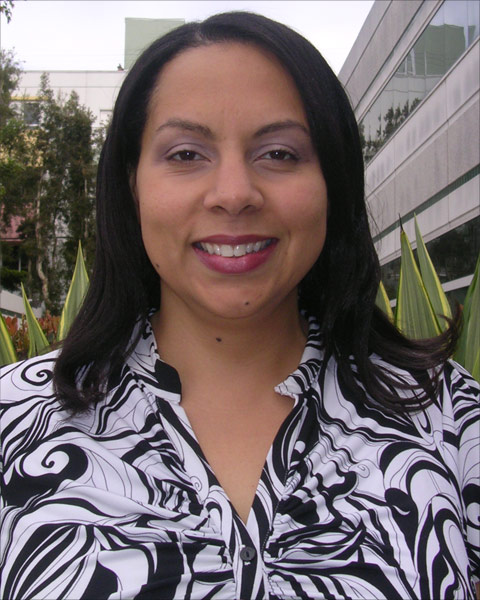
Implementing CONTINUUM: The ASAM Criteria Decision Engine(TM) in Your Practice and System (1 CME)
-
Register
- Regular Member - $21
- Retired - $21
- Early Career Physician - $21
- Resident - $16
- Student - $16
- Associate - $16
- ASAM Staff - Free!
- Non-Member - $27
- International Member - $21
- Emeritus Member - $21
- Provisional Member - $21
- Fellow Member - $21
- Honorary Member - $21
- CRT Member - $21
Addiction assessment is in a sorry state of affairs – there's literally no standard model. Counselors use an approach that might charitably be called “intuitive". As a result, managed care utilization review nurses keep demanding more data from treatment providers – and let the telephone tag begin. Then, there is the problem of proprietary medical necessity criteria, which gives managed care companies rampant control of access to care on the basis of cost, not quality. METHOD: ASAM began addressing this with the publication of its Patient Placement Criteria, beginning in 1991. After 20 years of research, over $8 million of research and validation, and support from SAMHSA, ASAM is releasing CONTINUUM – The ASAM Criteria Decision Engine™ to the entire US treatment field. This workshop will provide the practical explanation, background, and interview experience to help active clinicians and program administrators understand how to organize, introduce and use this new clinical standard for success. The workshop will review counselor and patient evaluations from the alpha, beta and national demonstration projects. RESULTS: Attendees will review recent findings that CONTINUUM's decision engine can effectively revolutionize or even eliminate telephone prior authorizations and utilization review, as predicted by a Harvard Business School study and as currently being considered by states and county Medicaid systems across the U.S. The Workshop will review findings from a national survey of state requirements of the ASAM Criteria (more than 30 require or endorse it) and which states, counties, managed care companies and healthcare systems have shown interest in or have already begun adopting CONTINUUM™. A tour of the tool will demonstrate the counselor-ready structured interview, the intricate branched-chain algebraic decision tree that implements every adult admission criteria decision rule in the current 2013 ASAM textbook, and how CONTINUUM finally standardizes medical necessity admissions criteria. The Workshop will explain how to use CONTINUUM to meet the new requirements of the federal Parity Act for publicly available medical necessity criteria and to meet the summer 2015 federal Medicaid specifications for state Medicaid 1115 Waivers, requiring independent, external third party review of all substance use disorder placements. DISCUSSION: Through the Workshop, attendees will gain their own perception of the software's ease of use, learning curve, impact on the clinical assessment process and impact on managed care reimbursement – with both public and commercial payers. Attendees will learn how treatment systems were able to implement CONTINUUM across all adult levels of care, even achieving mandated use across all clinicians. The discussion will examine the practical issues of HIPAA and 42cfr data privacy. Finally, attendees will assess the software's potential for nationwide adoption for addiction treatment evaluation, placement and periodic re-evaluation. This includes consideration of its potential for: reforming or eliminating telephonic prior authorization and utilization review, integrating with electronic health records, and establishing a national addiction patient clinical registry.

David Gastfriend
MD, DFASAM
David R. Gastfriend, MD, served on the faculty of Harvard Medical School for 25 years, most recently as Director of the Addiction Research Program at Massachusetts General Hospital (MGH). His studies of the Patient Placement Criteria published by the American Society of Addiction Medicine (ASAM) have been supported by the NIH's National Institute on Drug Abuse, the National Institute on Alcohol Abuse and Alcoholism, the U.S. Centers for Disease Control, U.S. state governments, managed care corporations, including Aetna Behavioral Healthcare, and foreign governments, including Belgium, Finland, Iceland, Israel, Norway, Switzerland, and the World Health Organization. The author of over 125 scientific publications, he has served on the Boards and Editorial Boards of a number of societies and journals, including ASAM and the International Society of Addiction Medicine (ISAM). He is co-editor of the leading book on treatment matching in the field, The ASAM Patient Placement Criteria for Substance-Related Disorders and editor of Addiction Treatment Matching. In addition to his role at RecoverySearch, Dr. Gastfriend is also Vice President for Scientific Communications at Alkermes, Inc. (NASDAQ: ALKS) where he is involved in research, education and scientific publication on extended-release naltrexone (VIVITROL®) and the company's efforts in the field of addiction treatment.

Paul Earley
MD, FASAM
Dr. Earley has been an Addiction Medicine Physician for 30 years. He treats all types of addictive disorders and specializes in the assessment and treatment of health care professionals. As a therapist, he works with patients already in recovery, providing long term therapy for those who suffer from this disease. His professional expertise extends to advocacy for professionals before agencies and licensing boards.
Dr. Earley is a dynamic speaker and educator; he speaks and trains on topics of addiction, its treatment and addiction among health care professionals. In addition, he trains therapists about the neurobiological basis of addiction and psychotherapy. In his travels, he has provided training in the United States, Canada, the United Kingdom, Italy and Switzerland.
He is the author numerous books and articles on addiction and its treatment, including The Cocaine Recovery Book. He has contributed to the American Society of Addiction Medicine (ASAM) Textbook: Principles of Addiction Medicine, as author of the chapter: Physician Health Programs and Addiction among Physicians. He is also a minor author to the ASAM Criteria.
His work was featured in the documentary series on addiction entitled Close to Home by Bill Moyers. Dr. Earley is a Fellow of ASAM and has been on the board of ASAM for over 14 years in several capacities and is currently a director-at-large. He has been the Medical Director of two nationally acclaimed addiction programs specializing in the care of addicted health care professionals. Currently, he is the Medical Director of the Georgia Professionals Health Program, Inc. and a principal with Earley Consultancy, LLC, a training and consulting firm.

David Mee-Lee
MD, FASAM
David Mee-Lee, M.D. is a board-certified psychiatrist, and is certified by the American Board of Addiction Medicine (ABAM). He trains and consults both nationally and internationally. Dr. Mee-Lee is Chief Editor of The ASAM Criteria and is a Senior Fellow, Justice Programs Office (JPO) of the School of Public Affairs (SPA) at American University, Washington, DC. He is co-founder of the Institute for Wellness Education, Teaneck, NJ. Dr. Mee-Lee has over forty years experience in person centered treatment and program development for people with co-occurring mental health and substance use conditions.


